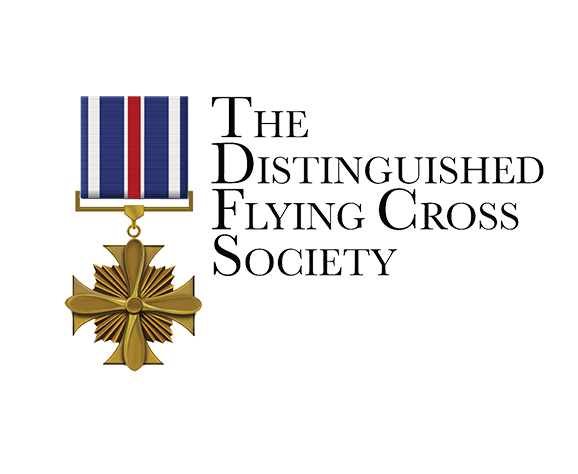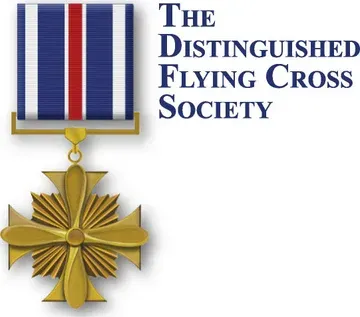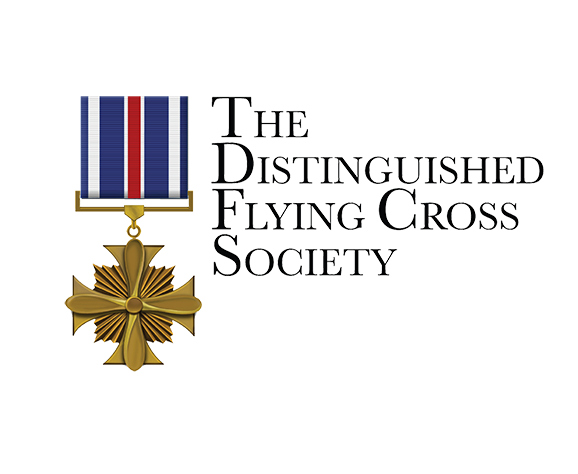Joseph A. Palsha
AWARDED DFC:
1
CONFLICT/SPACE FLIGHT/EVENT: -
MODEL: -
Citation: 1.) The President of the United States takes pleasure In presenting the DISTINGUISHED FLYING CROSS to JOSEPH ANDREW PALSHA AVIATION RADIOMAN SECOND Class UNITED STATES NAVAL RESERVE for service as set forth in the following CITATION: For heroism aad extraordinary achievement in aerial flight while serving as n Aircrewman of a Patrol Bomber in Patrol Bombing Squadron ONE HUNDRED SIXTEEN during operations against enemy Japanese forces in the Pacific War Areas from January 11 to May 8, l945. Completing twenty missions during this period, PALSHA contributed materia11y to the success of his plane. His Courage and devotion to duty were in keeping with the highest traditions of the United States Naval Service.


